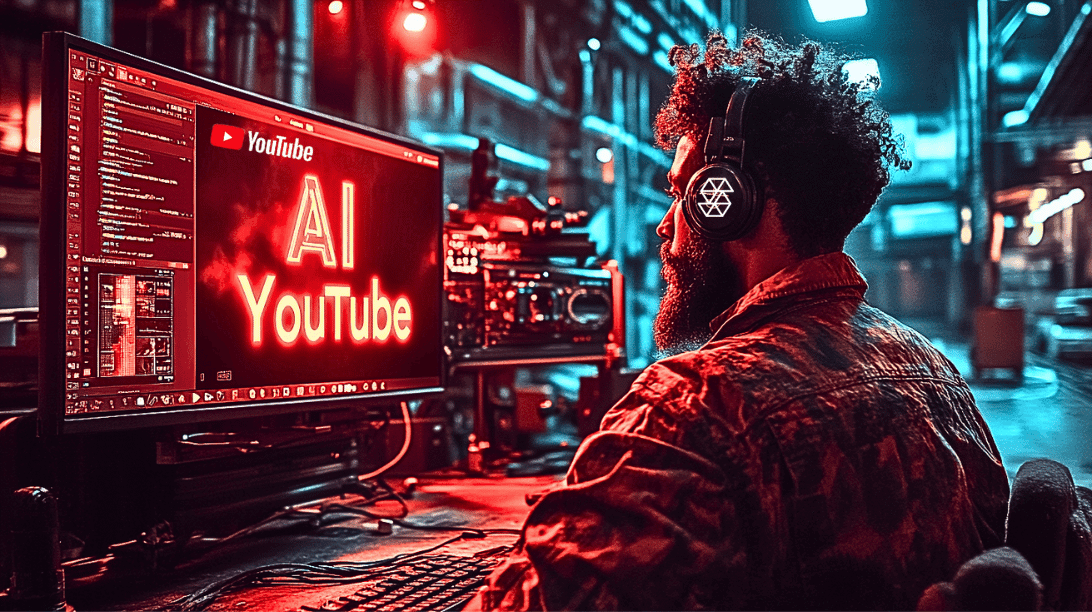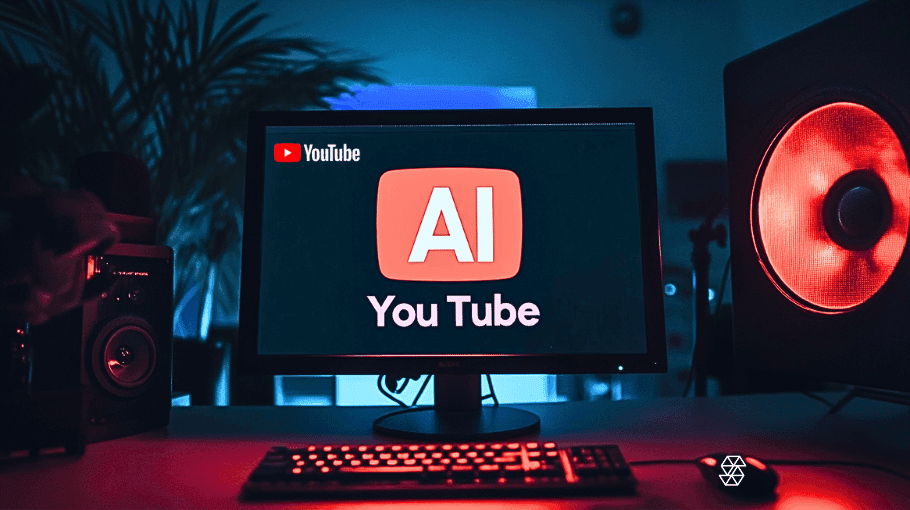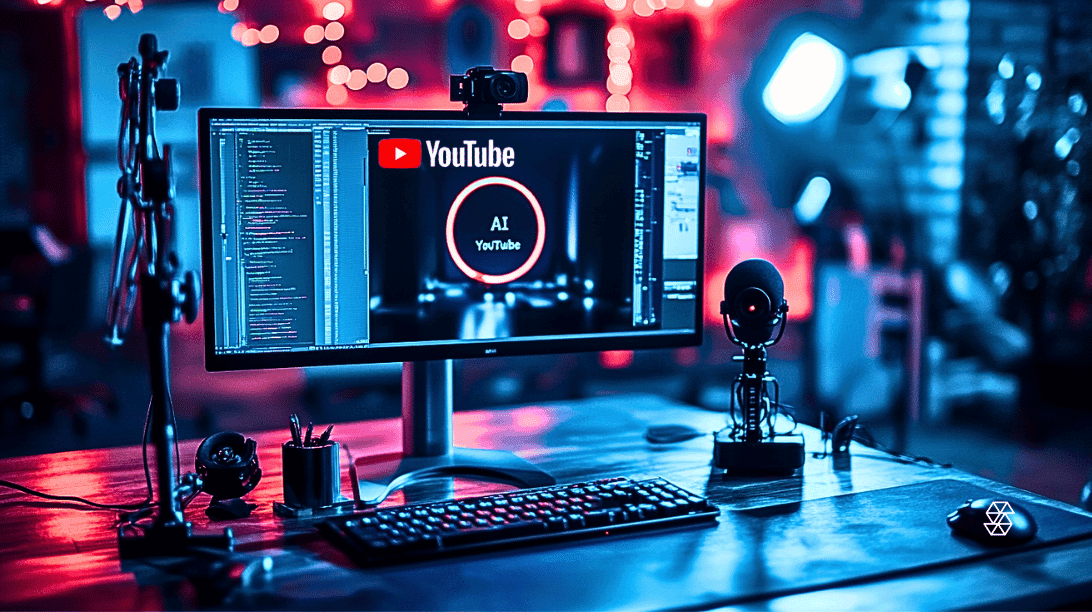Why Hollywood is Striking: AI is Coming for the Industry
In recent years, the glitz and glamour of Hollywood have been overshadowed by a technological revolution. The rise of artificial intelligence is reshaping the film industry, promising innovations that could redefine the very essence of filmmaking. But with this promise comes a wave of concerns, especially from those who have long been the backbone of motion pictures and television productions.
As Hollywood actors and striking writers raise their voices, a pressing question emerges: What role will AI play in the future of cinema, and at what cost?
This blog delves deep into the ongoing AI Hollywood strikes, emphasizing the central role of AI in these disputes and exploring the myriad concerns of those who bring stories to life on the silver screen.
The AI Surge in Hollywood
The film industry has always been at the forefront of technological advancements, and the latest wave is no exception. AI technology, such as generative AI, is rapidly making its mark, offering tools that have the potential to redefine the filmmaking process.
Specific AI Tools Revolutionizing Hollywood:
- Re-aging Technology: Used to re-age or de-age Hollywood actors or even bring past actors back to life for a role. This technology analyzes vast amounts of footage to recreate a lifelike digital version of the actor.
Automated Animation: Advanced algorithms that can generate lifelike animated sequences, drastically reducing the time and manpower traditionally required.
Content Recommendation Engines: Streaming services utilize these to analyze viewing patterns and preferences, offering tailored movie and series suggestions to viewers.
Script Analysis Tools: AI-driven tools that assess scripts to predict potential box office success, audience reception, or suggest plot improvements.
Voice Synthesis: For dubbing movies in different languages or cloning the voices of actors who might be unavailable.
Scene Recognition: AI tools that can quickly sift through hours of footage to identify and categorize different scenes, aiding in the editing process.
Moreover, while these advancements promise efficiency and innovation, they also lie at the heart of the disputes shaking the very foundations of the industry. As the capabilities of artificial intelligence expand, so do the concerns of those who’ve dedicated their lives to the craft of storytelling.
The Actors’ Perspective
Screen actors and background actors alike are growing increasingly wary of how their digital likenesses might be used—or misused—in the age of AI technology.The Screen Actors Guild (SAG), representing a vast majority of Hollywood’s on-screen talent, has voiced strong reservations about the unchecked use of AI. Their primary concern? The potential for these tools to recreate or even replace actors without their consent. Imagine a scenario where a director, unsatisfied with an actor’s performance, opts to digitally alter their emotions, expressions, or even dialogue. Or, in more extreme cases, using AI to bring back a likeness of an actor who has long since passed away.This tug-of-war between actors and producers reached its zenith in the recent dispute between the Screen Actors Guild and the Alliance of Motion Picture and Television Producers (AMPTP). While the former advocates for stringent guidelines on the use of AI technology, the latter sees it as a revolutionary tool that can streamline production and open up new creative avenues.
The Writers’ Stance
Striking writers, backed by the Writers Guild of America, have been vocal about their stance on AI. They view it as a tool to aid the creative process, not a competitor to replace them. The essence of storytelling, they argue, is inherently human, born from experiences, emotions, and the complexities of life. While AI might be able to generate a plot or dialogue, it lacks the human touch that gives a story its soul.However, concerns are mounting. What happens when an AI-generated storyline becomes a box office hit? Or when dialogue crafted by algorithms resonates more with audiences than human-written scripts? The implications for these striking writers are profound. There’s a growing unease about credits, recognition, and, ultimately, job security. If a machine contributes to a script, who gets the credit? The programmer? The studio? Or the AI itself?
The Ethical and Legal Implications
At the forefront of this debate is also the issue of copyright. Traditionally, copyright laws have been designed to protect human creators. But how do we approach the copyrighting of AI-generated material in the film industry? If an AI tool crafts a scene or a dialogue, who owns it? The studio? The software developer? Or does no one own it because it’s machine-generated?Furthermore, as AI technology becomes more sophisticated, it’s starting to blur the lines between human and machine-generated content in motion pictures. This raises ethical concerns. For instance, if an AI can perfectly mimic a Hollywood actor’s performance, is it ethical to use that without the actor’s consent? Or if an AI can generate a script indistinguishable from one written by a human, what does that mean for Hollywood writers and their livelihoods?






